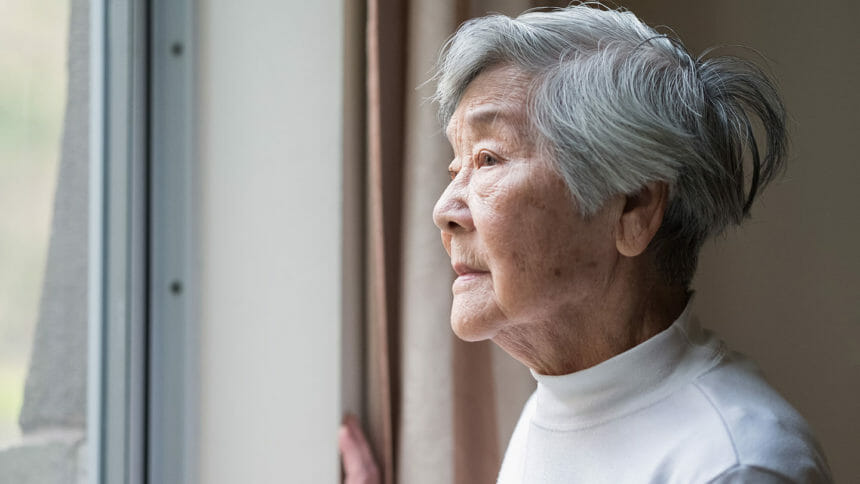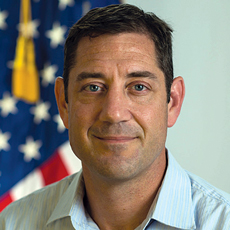
After a multi-year saga, surveyors today begin enforcing compliance with new Requirements of Participation guidance. It includes hundreds of pages of challenging changes to abuse reporting and investigation, resident rights and substance abuse care standards, as well as at least one provision that providers fear could tie their hands in tricky drug-abuse scenarios.
The Centers for Medicare & Medicaid Services made significant revisions to clarify types of abuse, what surveyors need to regulate and what they don’t, and how quickly states should respond to complaints of abuse potentially resulting in Immediate Jeopardy.
Those changes might trigger more citations for resident-to-resident altercations, several providers and compliance, experts have warned.
While the new guidance cautions inspectors to “not assume that every resident to resident altercation results in abuse,” it leaves the interpretation up to an inspector’s understanding of a resident’s willful infliction of injury, pain or mental anguish.
“Altercations involving residents with cognitive impairments or mental illness may constitute abuse because neither condition automatically prevents the resident from committing deliberate or willful actions,” Denise Winzeler, BSN, RN, AAPACN’s curriculum development specialist wrote in a recent blog.

“For example, it is ‘willful’ when a resident with cognitive impairment strikes out at another resident; in contrast, when a resident with cognitive impairment inadvertently trips and tries to prevent falling by grabbing onto another resident, also causing them to fall, the action would not be considered ‘willful.’”
CMS is also emphasizing use of its Psychosocial Outcome Severity Guide to measure the impact or abuse or neglect. Revised guidance encouraged surveyors to apply its reasonable person concept to measure the potential outcome a deficiency may have had on a reasonable person in the resident’s position, especially if the resident is unable to communicate.
“There are situations that are likely to cause psychosocial harm which may sometimes take months or years to manifest and have long-term effects on the resident and his/her relationship with others,” the guidance states. “Therefore, during a survey Immediate Jeopardy or Actual Harm may be supported when there is not an observed or documented negative psychosocial outcome, or a description of resident impact from the resident’s representative or others who know the resident.”
Expect additional citations
That standard could be used to measure victim impact in the case of sexual assault; sexual harassment; staff to resident physical, sexual, or mental/verbal abuse; staff sharing demeaning or humiliating photographs or videos of nursing home residents; punishments that infringe on residents’ rights; or resident-to-resident scenarios.
“With the increased focus on the Psychosocial Outcome Severity Guide, and particularly the reasonable person concept, providers may see an increase in the number and severity of citations related to resident-to-resident altercations,” Winzeler wrote.
Nursing homes should also prepare for speedier investigations.
Evan Shulman, director of the CMS Nursing Home Division, noted last week that the agency wants states to respond with more urgency to complaint-based and facility-driven abuse reports. The new guidance starts the response clock ticking as soon as surveyors receive a complaint. States must act within three days for an Immediate Jeopardy complaint, and in an average of 15 days in response to a complaint with high potential for harm.
More behavioral, substance abuse problems ahead
The range of behaviors or errors for which citations may be doled out is increasing, along with the breadth of the guidance.
One area the new language expands on is providers’ requirements for providing behavioral health and substance disorder assistance.

“This is a very, very challenging population,” Shulman said at the LeadingAge Convention in Denver last week. “It’s challenging, but you do have some responsibility. And there are some areas where you don’t have responsibility. You’re not expected to cure someone of substance abuse disorder. … You are expected to keep them safe.”
CMS added guidance saying surveyors should ensure that staffing is adequate to supervise residents with mental, psychosocial and substance use disorders.
Guidance also covers when and how providers might be held responsible if a substance-use patient overdoses, and when they might not.
“Not every overdose is non-compliance,” Shulman said. “Should you be monitoring these individuals? Absolutely. Should you have your staff trained to look for signs and symptoms of drug use? Absolutely.”
Contradictory edicts?
But even as they are being pressured to admit more patients with opioid and other addictions, several providers told McKnight’s in the last two weeks that they were concerned by seemingly at-odds guidance.
There is new language meant to both expand access to skilled nursing care for such patients and a new prohibition on searches that limits providers’ ability to check them for illegal drugs.
Providers can ask for consent to search a resident who has returned to the facility after leaving, but if they decline, Shulman said, “These people have the same rights as you and I.”
For residents with known substance-abuse disorders, Shulman said it was essential that providers monitor for signs and symptoms of drug use and potential overdose. They also should document those monitoring efforts, observations and concerns.
But there are limits to what healthcare providers can do.
“If providers feel someone has illicit drugs, they need to call law enforcement,” Shulman said in an interview with McKnight’s Long-Term Care News after his LeadingAge session.




